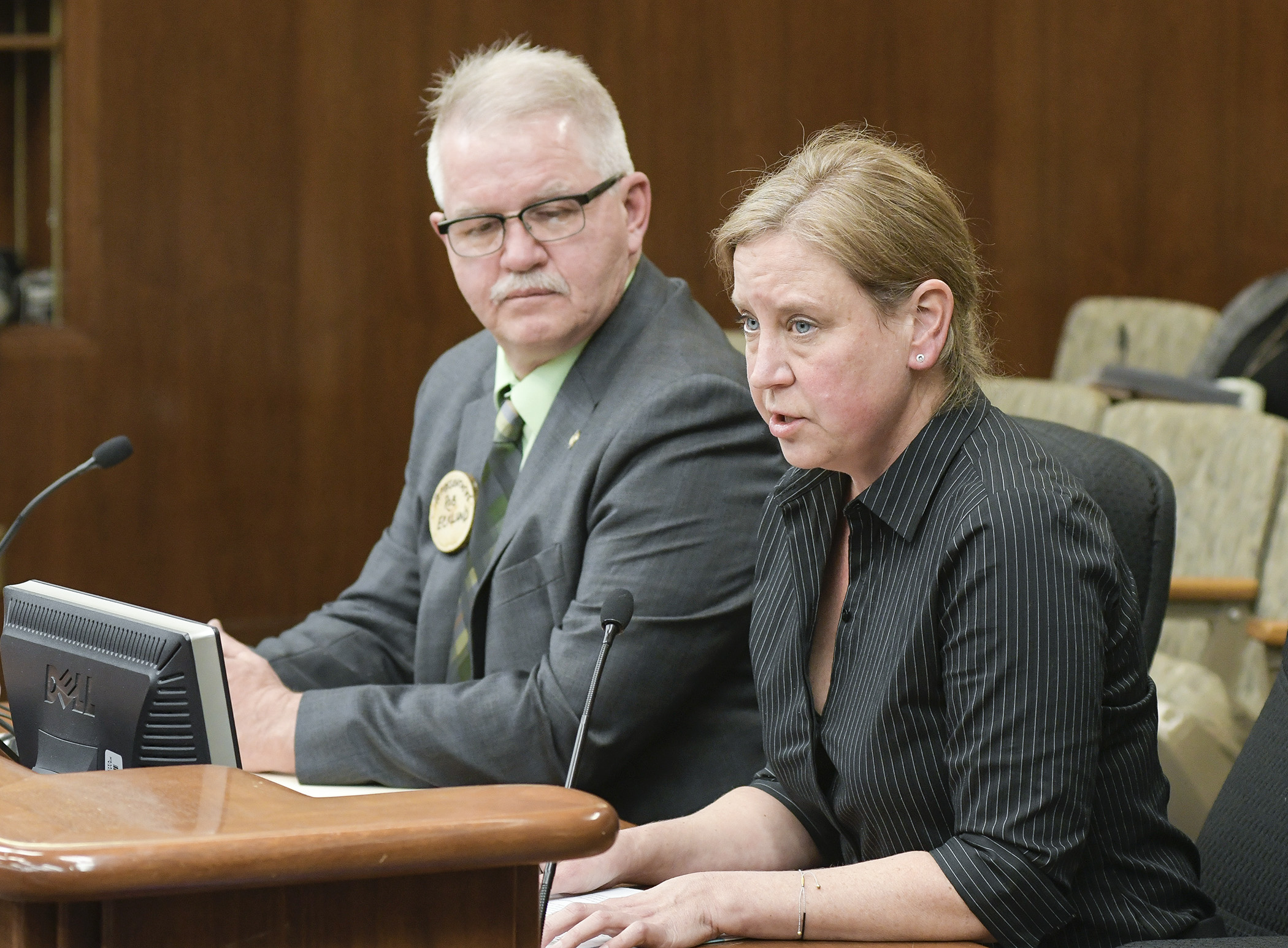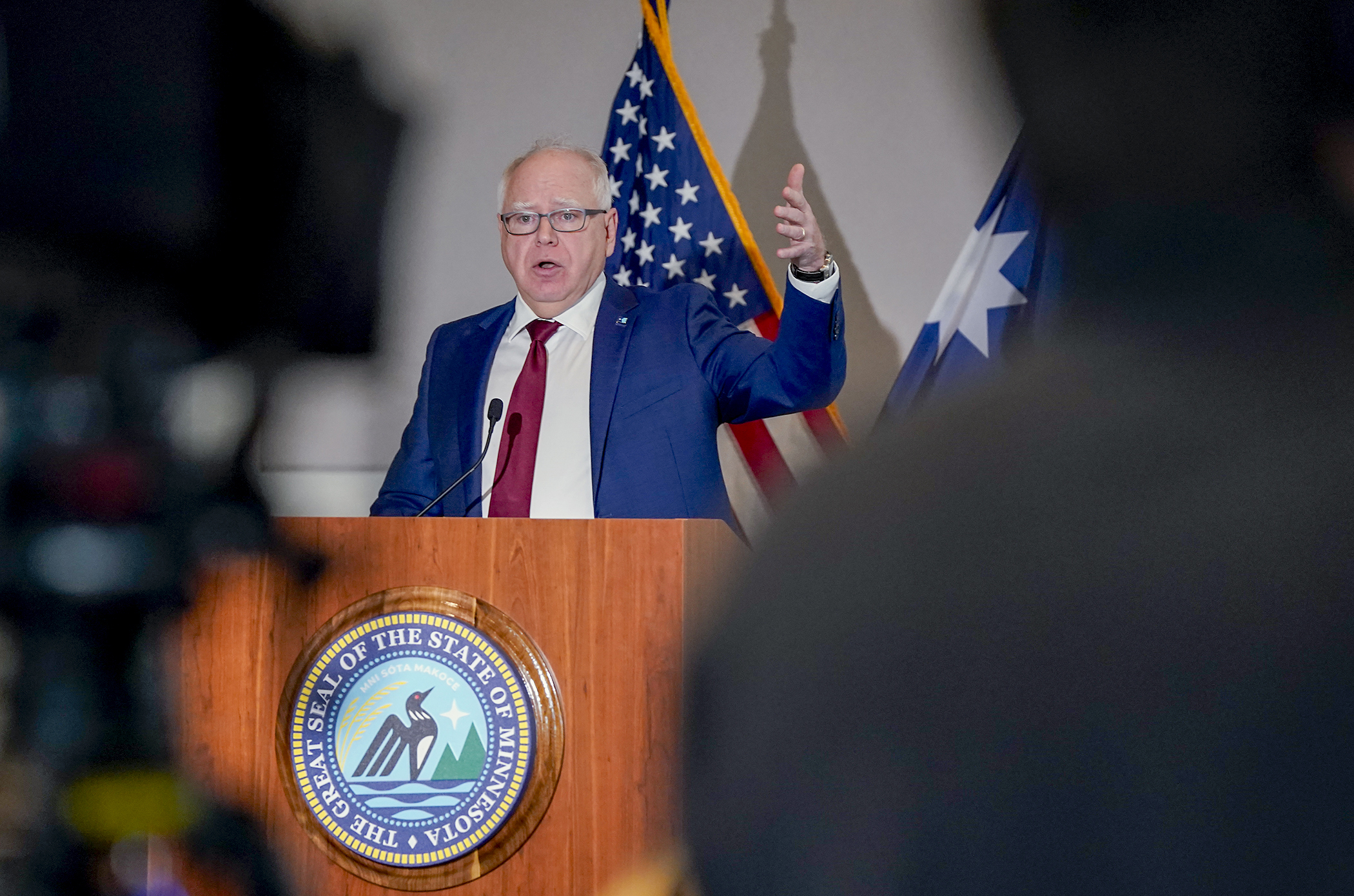Proposal would fund pair of northeast MN workforce development programs

Northeast Minnesota is facing a labor shortage, which a local nonprofit hopes to fix with a little extra state funding.
Sponsored by Rep. Rob Ecklund (DFL-Intl. Falls), HF2853 would appropriate $150,000 from the workforce development fund in Fiscal Year 2019 to the Cook County Higher Education Board to use to support two workforce development programs in the area, which is 120 miles from the nearest college campus.
The House Job Growth and Energy Affordability Policy and Finance Committee on Wednesday laid the bill over for possible inclusion in a later bill.
Karen Blackburn, executive director of Cook County Higher Education, said the money would support its new culinary and health care programs – both local industries in need of skilled workers.
The culinary program would help the resorts and restaurants in the area that serve 5 million tourists annually. Blackburn said they typically rely on international workers, but with the federal visa programs in flux this year, they decided to come up with their own solution.
“We will recruit students from out of the area and out of the state and give them jobs and housing at the resorts – affordable housing is also a problem in Cook County – and they can simultaneously earn a culinary degree while working and apprenticing at the local restaurants,” said Blackburn, noting the program will also be available to local high school students and recent graduates.
Through this program, some students will be able to graduate with “little or no debt” and go directly into jobs within the community, Blackburn added.
Cook County Higher Education’s health care program would also benefit from the funds so it can provide consisted educational programing to train RNs and CNAs. Blackburn said there are plans to open an assisted living facility in Grand Marais, but that’ll only happen if there’s an available workforce – the health care program could provide those trained workers.
“These funds will enable us to continue to provide all the benefits of a college institution without the enormous infrastructure expense of a campus, provide tuition dollars to your regional colleges and universities, and improve the lives of our residents and allow our businesses to thrive with skilled employees,” Blackburn said.
The bill’s companion, SF2544, sponsored by Senate Minority Leader Tom Bakk (DFL-Cook), is awaiting action by the Senate Jobs and Economic Growth Finance and Policy Committee.
Related Articles
Search Session Daily
Advanced Search OptionsPriority Dailies
Full House convenes for first time in 2025, elects Demuth speaker
By Tim Walker DFL, Republicans convene with a quorum for the first time in 2025 session after agreeing to a power-sharing deal.
DFL, Republicans convene with a quorum for the first time in 2025 session after agreeing to a power-sharing deal.
Walz proposes slimmed-down 2026-27 state budget, sales tax changes
By Tim Walker This is an odd-numbered year, and so the Legislature is constitutionally required to craft a budget to fund the state government for the next two fiscal years.
Gov. Tim Walz...
This is an odd-numbered year, and so the Legislature is constitutionally required to craft a budget to fund the state government for the next two fiscal years.
Gov. Tim Walz...